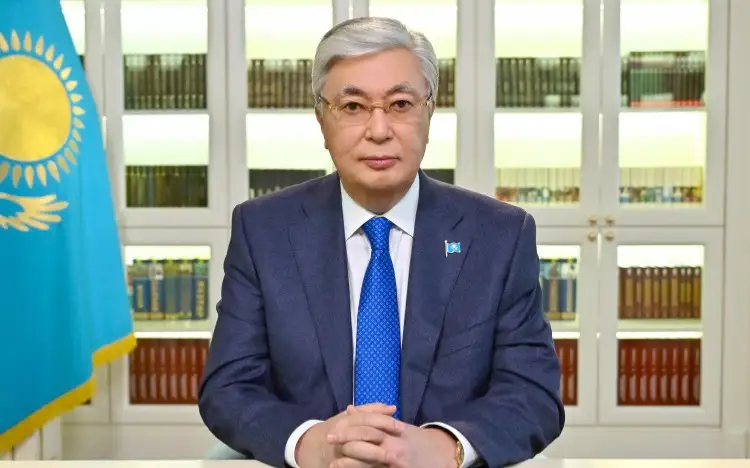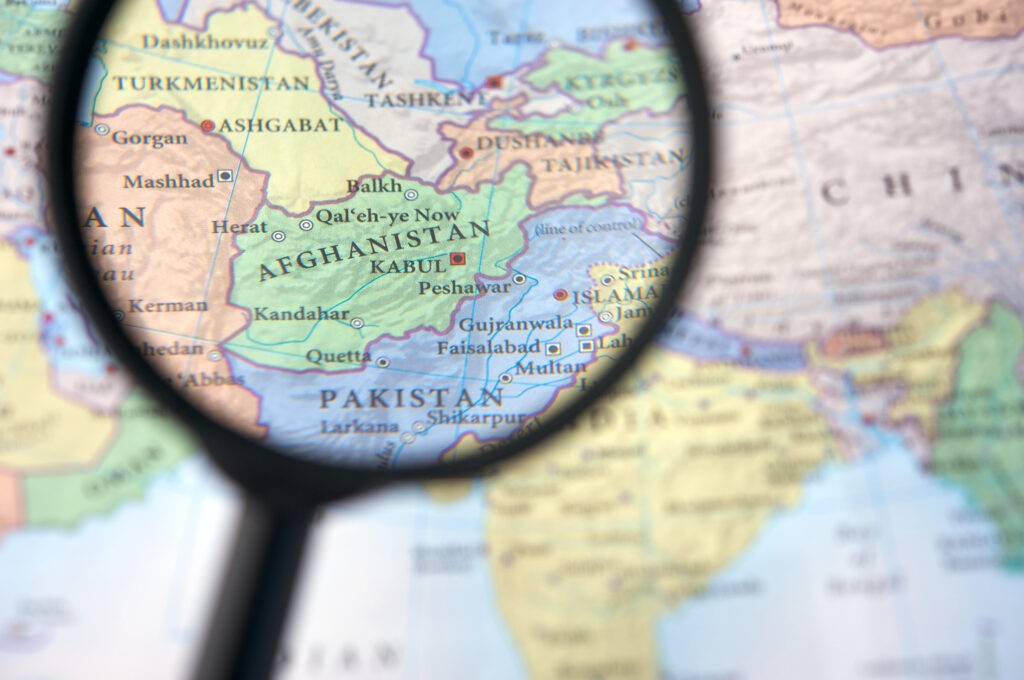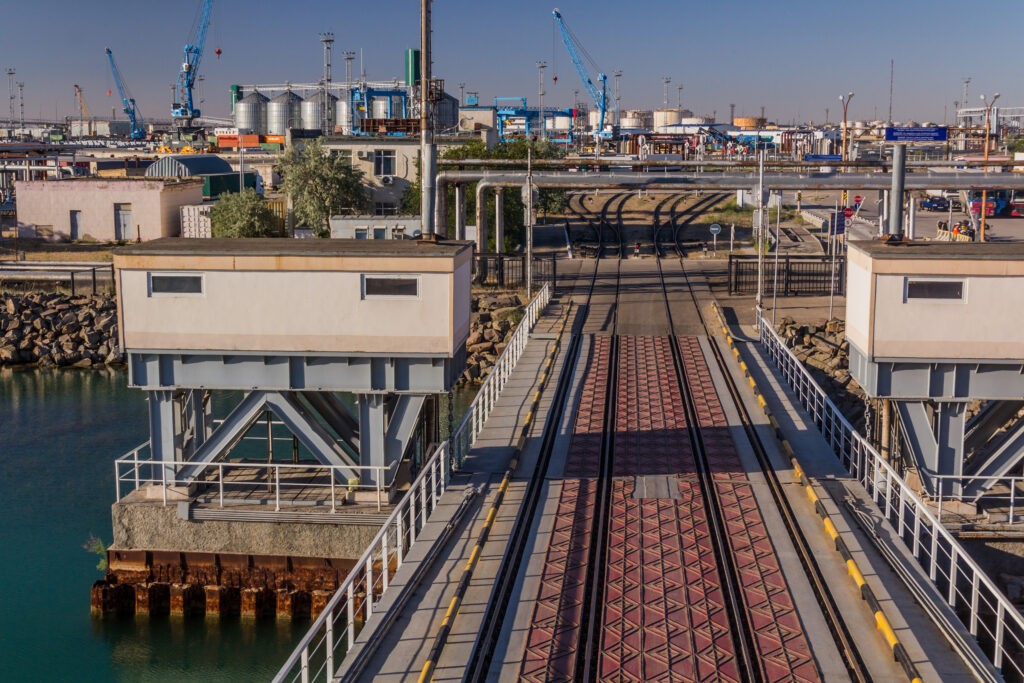Optimism and Gratitude are Main Sentiments of Kazakhstan President’s New Year’s Speech
As 2023 came to a close, Kazakhstan's President Kassym-Jomart Tokayev delivered his New Year address to the population, with a focus on the country's progress as well as the main challenges it has faced over the past year. Critically, he emphasized the increased significance of rule of law in Kazakhstan and noted measures being taken to ensure its endurance. Tokayev also thanked citizens for their role in creating a Just Kazakhstan, where equal opportunities are being made available to everyone. In delineating the country's future trajectory, the President underlined the importance of reforms and modernization, while also citing ambitious projects already undertaken in education and healthcare, as well as the need to strengthen the foundation of nationhood. He expressed belief in Kazakhstan's capacity to tackle upcoming challenges and tasks, with the goal of building a prosperous and competitive state. He also cited population growth as a factor ensuring strength and prosperity. On the economic front, Tokayev highlighted the government’s successful efforts in attracting foreign investment, job creation, and support for small and medium-sized enterprises. He specifically mentioned the ongoing repatriation of illegally acquired assets, which have replenished the state's funding base and have been earmarked for beneficial causes, such as construction of new schools. Regarding foreign policy, Tokayev noted that Kazakhstan has bolstered its international standing through balanced and constructive strategies. Tokayev expressed appreciation for various professionals including teachers, health workers, engineers, farmers, military personnel, law enforcers, and volunteers, whose tireless efforts he lauded as being instrumental to the nation's progress. Tokayev concluded by urging all Kazakhstanis to value the peace and stability in their country. He extended wishes for joy, happiness, good health, and a prosperous 2024.








